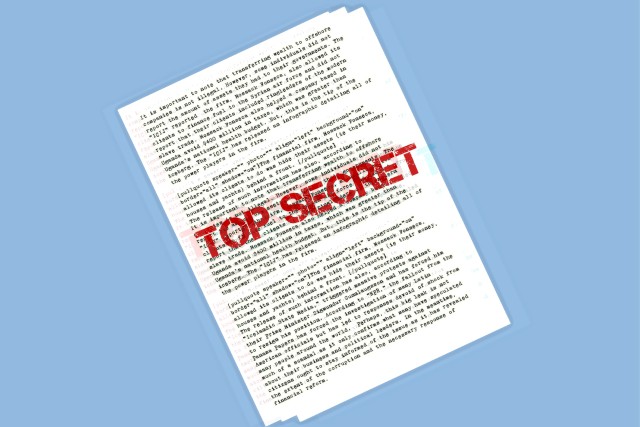Breaking down the ‘Panama Papers’
Shaloni Pinto ’16 explains how one firm hid billions
What do the Prime Minister of Iceland, Argentinian soccer star Lionel Messi and the King of Saudi Arabia have in common? According to the “International Consortium of Investigative Journalists (ICIJ),” they all used the same offshore Panamanian firm, Mossack Fonseca, to shield their wealth from the tax codes of their nation.
The Panama Papers were recently released. According to the “NYT,” they are composed of 11.5 million documents; they detail the financial assets (hidden in Mossack Fonseca) of 143 politicians, along with celebrities and businessmen. The “Guardian” wrote that this particular information leak is bigger than the Wikileaks ordeal and the Snowden-NSA leak.
The financial firm, Mossack Fonseca, allowed its clients to do was hide their assets (ie their money, houses and yachts) behind a front. “The Guardian” said that a front can usually be an intermediate structure in a tax haven. This technique is usually accomplished through registering shell companies as the holder of your assets. For example, you could register your Vermeer painting as a part of GRIET & PIETER LLC. But, GRIET & PIETER LLC. would never be a real company; rather, it would make you the anonymous owner of the Vermeer. Tax havens are islands, like the Cayman Islands and Seychelles, that have great resorts and also no real restrictions on financial assets.
It is important to note that transferring wealth to offshore companies is not illegal. However, some individuals did not report the amount of assets they had to their governments. The “ICIJ” reported the firm, Mossack Fonseca, also allowed its clients to finance fuel to the Syrian air force and did not report that their clients included ringleaders of the modern slave trade. Mossack Fonseca also helped a company based in Uganda avoid $400 million in taxes, which was greater than Uganda’s national health budget. But, this is the tip of the iceberg. The “ICIJ” has released an infographic detailing all of the power players in the firm.
The financial firm, Mossack Fonseca, allowed its clients to do was hide their assets (ie their money, houses and yachts) behind a front.
The release of such information has also, according to “Icelandic State Media,” triggered massive protests against their Prime Minister Sigmundur Gunnlaugsson and has forced him to resign his position. According to “NPR,” the fallout from the Panama Papers has forced the investigation of many Latin American officials but has led to responses devoid of shock from many people around the world. Perhaps, this big leak is not much of a scandal as it only confirms what many have speculated about their business and political leaders. In the meantime, citizens ought to stay informed of the issue as it has revealed the extent of the corruption and the necessary response of financial reform.











